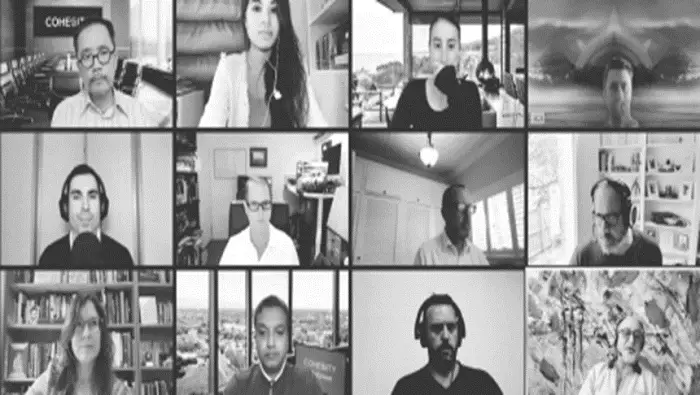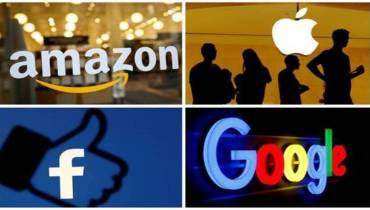How Acceleration to a Digital Future Is Shaping Up and Reshaping Modern Living

This year’s global health crisis has accelerated the digitalization of literally every gathering, from product launches and panel discussions to board meetings and roundtables.
The sudden declarations of a global state of emergency due to the COVID-19 pandemic have forced businesses and individuals worldwide to act fast.
After an initial period of confusion following the lockdowns, it has become apparent that transitioning to the virtual medium was the only available solution for the foreseeable future.
With the widespread popularity of remote working, virtual business meetings, Zoom happy hours, and even online dates, it is safe to say the internet has taken yet another step forward in shaping the ways of modern living.
While it would have seemed impossible only a couple of years ago to imagine such developments in the world of connective technology, ten months into the Covid-19 global health crisis, most people have accepted this reality as the norm.
But the new normal does not fail to surprise: even in a world that takes the internet for granted, no one in a million years would have anticipated one of the world’s most iconic events to be moved onto the virtual medium.
While there is a precedent of two nominees participating in a discussion from two separate locations (Nixon vs Kennedy, 1960), 2020 nearly turned into the first year in history to see the US presidential debate happen online.
Amidst a global epidemic that keeps standing in the way of public speaking, the situation was complicated further by the recent news of the president in office testing positive to Covid-19. While the idea of streaming the debate online was met with resistance by the current administration, having Donald Trump engage in the discussion remotely was the safest choice for the health of both the POTUS and its audience.
Nevertheless, while the idea of watching the presidential candidates of such a controversial election engage in the virtual discussion took some getting used to, the same can’t be said for corporate debates. In fact, there are many success stories of companies across all sectors, rapidly adjusting to the unprecedented challenges this year has brought upon us.
Marketing agencies, such as The Ortus Club, have found a way to prosper even in the most challenging of times for the events sector. Traditionally hosting events over a three-course meal, Ortus has transitioned online in March 2020. The company’s mission is to facilitate corporate events that are catered to the needs of C-level executives from all walks of life.
The intimate and relaxed atmosphere of each virtual discussion provides decision-makers with ideal environments for business relationships to prosper. The company anticipates it will transition to a hybrid model in the near future, to reap the benefits of both the physical and digital mediums.
Although physical, face-to-face interactions will always be crucial, the positive effects of connective technology on the modern way of life remain undeniable.

From travel disruptions and delays to last-minute emergencies or overlapping commitments, there are virtually infinite elements standing in the way of public gatherings.
Events and meetings, when held online, have the advantage of bringing people together that would otherwise not be able to meet in the flesh. Furthermore, remote interactions address the often overlooked problem of the environmental impact of air travel.
Online marketplaces provide buyers and sellers alike with the tools to conduct business operations smoothly in a timely fashion. In the same way, board meetings can also be carried out faster and more efficiently, when all participants can resume work shortly after.
Nonetheless, as the world braces itself to weather the storm and adapts to the abruptly forced changes with satisfactory degrees of success, the undeniable relevance of face-to-face interaction has become even more apparent.
For decades, medical and psychological studies have been carried out that measure the impact of social exchange on individuals. From reduced risk for mental health problems to better cardiovascular function and even longevity, there is no shortage of evidence of the infinite benefits of human interaction.
It is, therefore, inevitable that the world will seek to restore those traditional ways of socializing and doing business as soon as it is safe to do so. Simultaneously, connective technology will be there to support the process.
Neither the human longing for connection nor the tech revolution can be stopped. Successful strategies of the future will aim for a harmonious, interdependent coexistence of both standpoints.




















